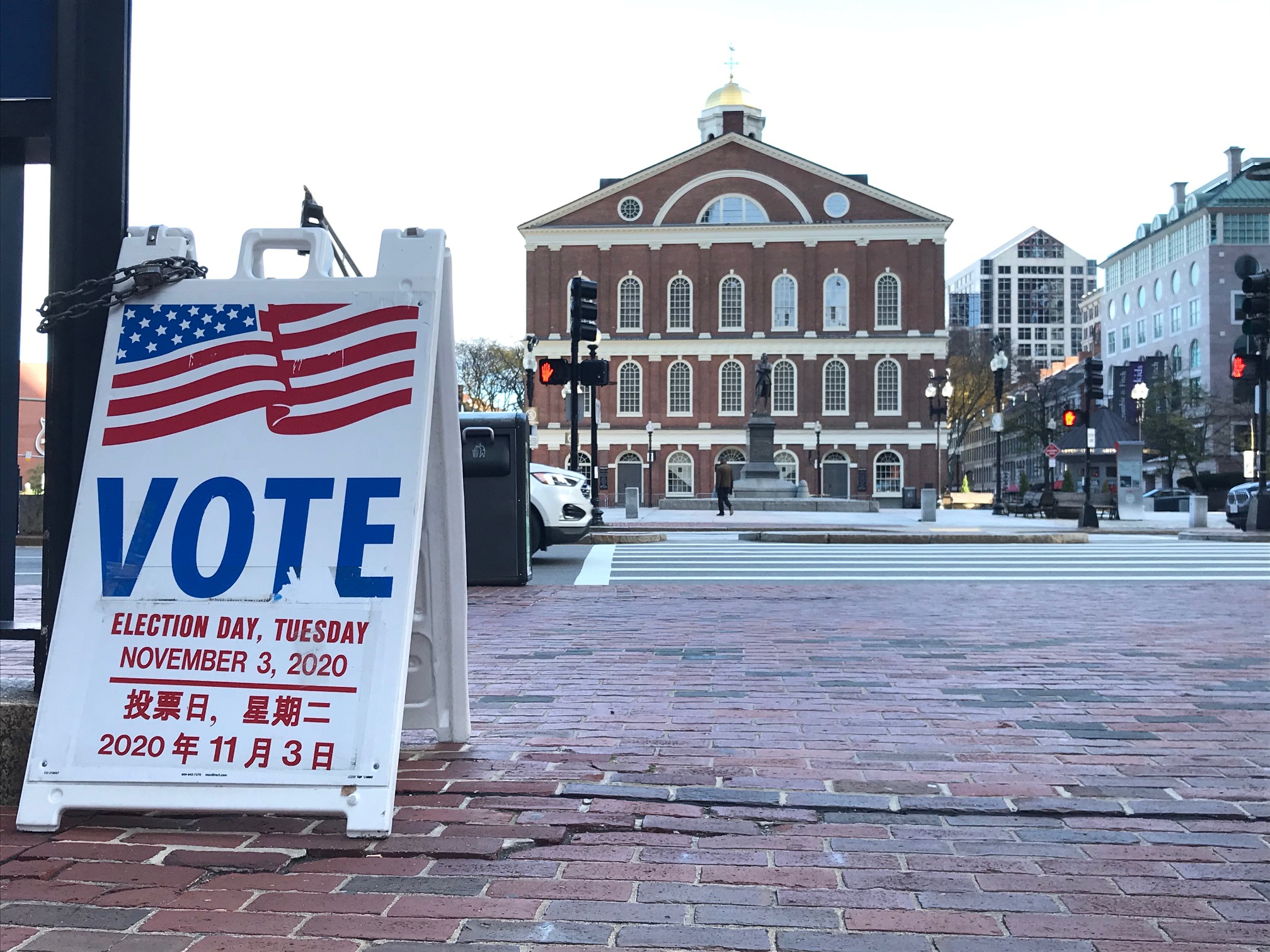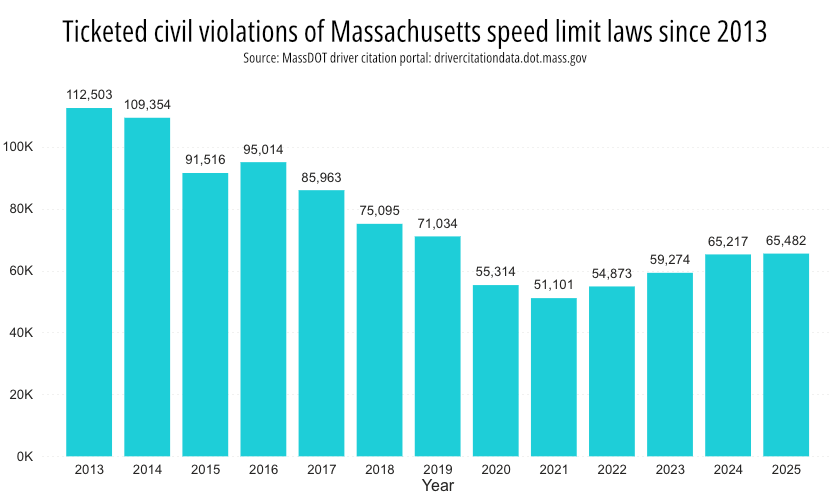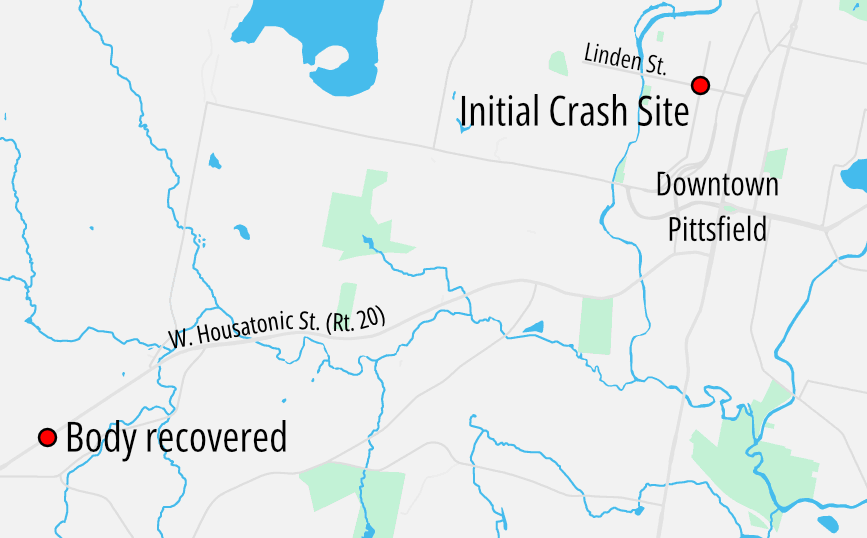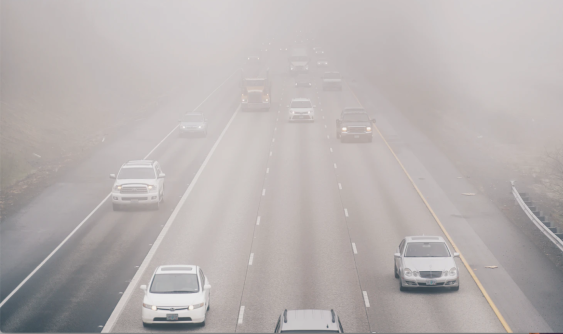Here's a quick roundup of things that aren't the Presidential race that we're watching this Election Day.
If you still haven't voted, look up your polling place here and get there before 8 p.m. this evening.
Transit on the Ballot in Austin, Portland, and Suburban Atlanta
StreetsblogUSA has a roundup of local transit funding ballot measures, including proposals to build a new light rail network in Austin, Texas, and a ballot initiative to fund expanded bus and rail service in Gwinnett County, northeast of Atlanta.
The Overhead Wire will broadcast a live stream of commentary with some of the local advocates working on these initiatives, starting at 6 p.m. this evening.
A Major Test for Uber and Lyft in California
California voters will also decide the fate of California’s Proposition 22, an initiative sponsored (and very heavily lobbied for) by app-based ridesharing and delivery companies like Uber, Lyft, and DoorDash.
The ballot initiative would rewrite California's labor laws to let these companies avoid giving their drivers a minimum hourly wage, paid sick leave, or unemployment, among other basic benefits.
In a column for Streetsblog California, Adam Stocker, a researcher at UC Berkeley, wrote that "if Prop 22 passes, it would tax the environment as much as it does drivers... One study in San Francisco found that Uber and Lyft were responsible for about half of the rise in congestion in that city between 2010 and 2016. Uber itself recently admitted that the average Uber trip is 41 percent more carbon intensive than a personal car trip."
In the Event of Post-Election Protests, Can We Rely On the T?
In downtown Boston, dozens of retailers are putting up plywood in anticipation of possible post-election civil unrest.
In an emailed statement, MBTA spokesperson Joe Pesaturo wrote that large protests could create "the potential for a service disruption (or) station closures."
"A disorderly situation in a station poses significant risks... including contact with the third rail, potential to be struck by a moving vehicle, (or) injury to another rider or employee," wrote Pesaturo.
Pesaturo stressed that the T would communicate any closures and alternative service options "as promptly as possible," and that "the T’s planning includes measures to safely facilitate the movement of large crowds."
If you're considering attending a protest in the coming days, start thinking about contingency plans for getting home safely in case the T isn't available.






